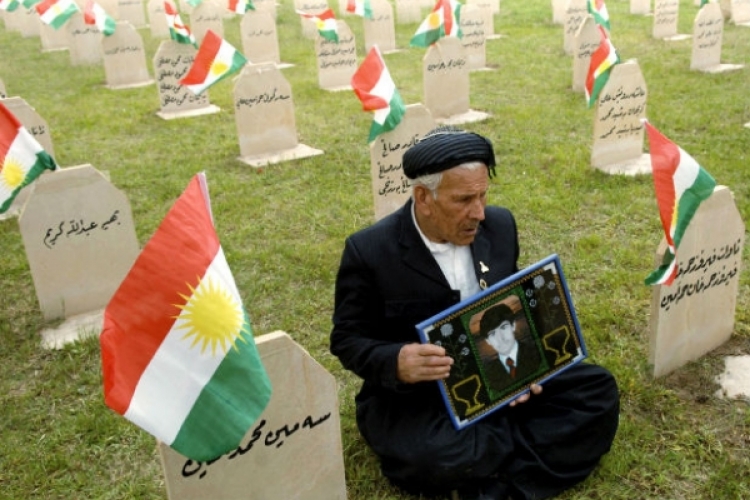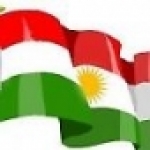Remembering Halabja
By Robert M. Danin - Friday marks the twenty-fourth anniversary of Saddam Hussein’s brutal chemical gassing of Halabja, a northern Iraqi Kurdish town. The Halabja attack is the only documented major use of chemical weapons against a civilian population since these weapons were outlawed after World War II. Chemical weapons had been employed during the eight year-long war between Iraq and Iran, with villages hit and civilians killed. However, what was new in Halabja was their massive use to target civilians explicitly. The result was some three to five thousand Kurdish Iraqis killed and ten thousand wounded, maimed, and disfigured.
The attack on Halabja began with conventional shelling against the town that sent residents scurrying into their basements for protection. Iraqi forces under the direction of Saddam Hussein’s cousin, Ali Hassan al-Majid (“Chemical Ali”), then ordered a chemical bombardment on March 16 and 17. Iraqi warplanes flew over residential areas and dropped a mix of mustard gas, Sarin, and VX nerve agent. Malignant low-lying gases spread throughout the town and turned the basements serving as bomb shelters into tombs. Following the air assault, ground troops surrounded the city and combed the nearby hills, tracking down anyone who had escaped.
Though Iraq’s war with Iran raged on, the Halabja massacre laid the precedent for the tactical use of poison-gas against the Kurdish population. The Anfal (“Spoils of War”) campaign—Saddam Hussein’s systemic attempt to destroy Iraq’s Kurdish population—lasted until September 1988. Some fifty to one hundred thousand Kurdish Iraqis were slaughtered. For Saddam, the war on Iran and the war against the Kurds were part of one whole—the use of brutal, indeed illegal, force against perceived enemies of the Ba’athist regime. That the Kurds were Iraqis was irrelevant to the Ba’athist dictator.
Earlier this week, Syrian police opened fire on tens of thousands of Kurds in the northeastern city of Qamishli, who had converged to commemorate an earlier attack. To the Syrian Ba’athists, like their ideological brethren under Saddam, all means are justified in the battle to defend against perceived threats to the regime. To them, innocent citizens are legitimate targets. Indeed, as a senior Gulf official said to me just last night, “The Ba’athists in Syria are like the Ba’athists in Iraq. We know them. They have a simple playbook: They use brutal force to take power, they use brutal force to maintain power, and they use brutal force against anyone they consider an enemy.”
To date, Bashar al-Assad has not employed chemical weapons. Nor has he deployed his heaviest guns or sent aircraft aloft to attack demonstrators. But as the bodies of murdered Syrians pile up, nobody should have any illusions about the vicious nature of the Syrian regime or the lengths to which it will go to maintain power. One need only remember Halabja.
Reference: http://blogs.cfr.org/danin/2012/03/14/middle-east-matters-remembers-hal…








